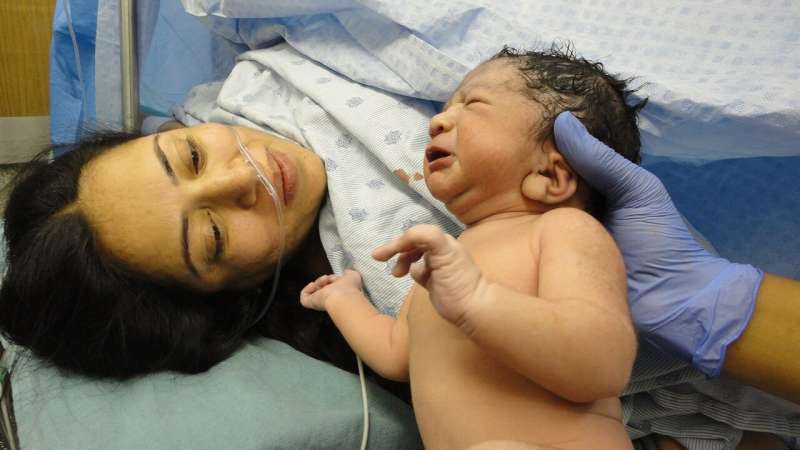Breakthrough in Childhood Leukemia Treatment by Targeting Fusion Proteins

Innovative research identifies new therapeutic targets in childhood leukemia, using combination therapy to improve survival rates in NUP98 fusion-driven AML.
Recent research conducted by scientists at St. Jude Children's Research Hospital and Dana-Farber Cancer Institute has unveiled a promising new approach to treat pediatric acute myeloid leukemia (AML), a challenging cancer often characterized by relapse and poor prognosis. This type of AML is frequently driven by fusion proteins involving NUP98, which contribute to disease progression and resistance to conventional therapies.
The studies focused on understanding how these fusion proteins promote leukemia development. It was discovered that they form a specific protein complex essential for activating genes that lead to cancer. Targeting this complex with specialized drugs — either alone or in combination with other anticancer agents — significantly improved survival in laboratory models. The key breakthrough was identifying the complex's interaction with proteins MOZ/KAT6A and HBO1/KAT7, which help turn on cancer-promoting genes.
One of the lead researchers, Charles Mullighan, explained that by inhibiting the proteins interacting with NUP98 fusion proteins, they could halt the gene activation driving leukemia. The researchers used a drug to inhibit menin, a protein involved in leukemic gene expression, and combined it with inhibitors targeting the acetyltransferases MOZ/KAT6A and HBO1/KAT7. This dual approach was especially effective, greatly increasing survival in mouse models created from patient samples.
Importantly, the combined therapy showed potential even in cases where the disease had relapsed or was resistant to other treatments, suggesting a new therapeutic avenue for patients with difficult-to-treat AML. The findings underscore the importance of understanding the molecular dependencies of leukemia and suggest that targeting protein complexes involved in gene regulation can provide new hope for affected children.
This groundbreaking research, published in Cancer Discovery, highlights the potential for combination therapies that target specific molecular interactions within the cancer cells, paving the way for clinical trials and future personalized treatments. It also emphasizes the importance of continued research into the vulnerabilities of fusion-driven cancers, aiming to improve prognosis and outcomes for young patients with AML.
Stay Updated with Mia's Feed
Get the latest health & wellness insights delivered straight to your inbox.
Related Articles
Hidden Risks of GLP-1 Weight-Loss Medications in Young Women
New research warns of potential pregnancy risks when young women use GLP-1 weight-loss medications like Ozempic without effective contraception. Experts highlight the need for better guidelines and patient education.
Enhancing Rural Maternity Care: The Role of Family Physicians and Support for High-Need States
This article explores how family physicians improve maternity outcomes in rural areas and emphasizes the need for increased support and training in high-need states to expand access to quality maternity care.
Vaccines Demonstrate Long-Term Effectiveness Against HPV-Related Cervical Cancer
New Danish study confirms long-term effectiveness of HPV vaccines in preventing the most common high-risk strains linked to cervical cancer, with near-elimination of HPV 16 and 18 in vaccinated women.



